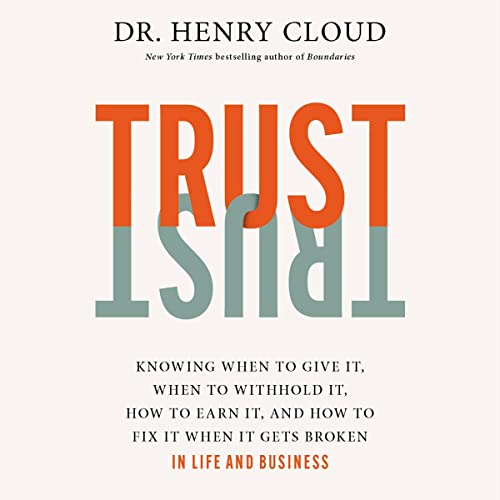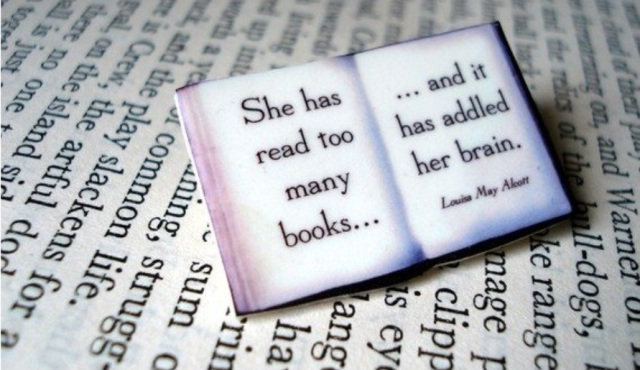 If you have experienced betrayal as an adult, or abuse as a child, trust is a big, scary deal. You are a rare person if, in today’s world, you don’t have trust issues.
If you have experienced betrayal as an adult, or abuse as a child, trust is a big, scary deal. You are a rare person if, in today’s world, you don’t have trust issues.
- Who can you trust?
- Who shouldn’t you trust?
- What are the signs?
- If someone is sorry for betrayal, does that make them trustworthy?
- Can broken trust be fixed?
Help is On the Way
I very, very rarely write a book recommendation after only reading an Introduction and the first chapter, but Dr. Henry Cloud’s newest book (to be released the end of March) is one such book.
It’s called TRUST: Knowing When to Give It, When to Withhold It, How to Earn It, and How to Fix It When It Gets Broken.
Few authors’ books have been as life-changing for me as Henry Cloud’s books, starting in the early 90s with the Boundaries books, and now his podcasts and classes on Boundaries.me. He writes on topics close to my heart (and millions of other people’s). If you pre-order Trust, you will receive two great bonuses: the introduction and first chapter of the new book, plus an excellent PDF download to help you apply the first chapter right away.
Repairing Broken Trust
If you’ve ever been deeply hurt in a relationship, you may simply have a life-long issue with trusting even trustworthy people. If so, the first chapter and study workbook alone will help considerably! (Working through the exercises in the downloaded workbook has already helped me with a troublesome issue!)
Do you want to build solid, healthy relationships because you can assess people effectively before you trust them? Do you want to know why and how trust is broken? Can you learn to repair valuable relationships that fall prey to misunderstanding or miscommunication? Do you want every aspect of your life and relationships to work? Then order Henry Cloud’s new book ASAP.
[And if you’re a writer who has boundary problems with the people in your life, grab a free copy now of my e-book, Boundaries for Writers.]





